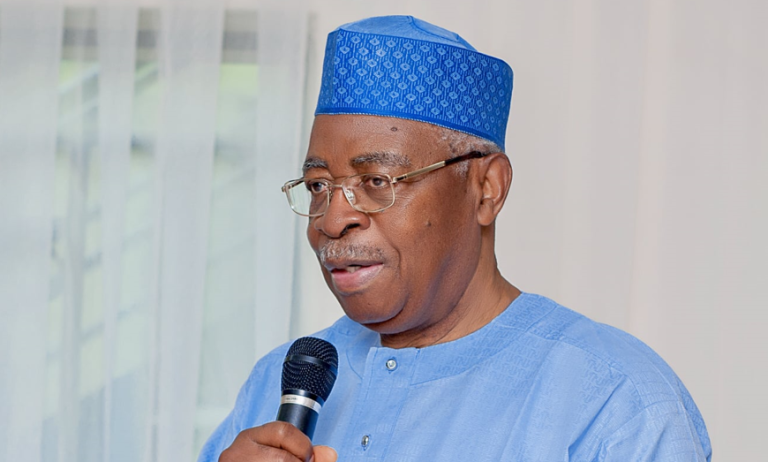
President Bola Tinubu has declared a state of emergency on food security in Nigeria, urging a continent-wide push for innovative irrigation systems and water resource governance.
Tinubu made the call on Monday in Abuja while declaring open the 6th African Regional Conference on Irrigation and Drainage. Represented by Secretary to the Government of the Federation, George Akume, the President highlighted the urgency of tackling food insecurity and climate disruption through large-scale agricultural infrastructure.
“Africa continues to face major challenges in unlocking its irrigation potential due to inadequate infrastructure, financial constraints, climate change, and governance issues,” Tinubu said. “This conference offers a vital platform for us to collectively chart a path forward.”
He noted that Nigeria has over 3.1 million hectares of irrigable land, concentrated around key basins like the Niger and Benue, yet much of it remains underutilized.
Themed “Tackling Irrigation Development and Water Management Crisis in Africa,” the conference aims to galvanize policymakers, engineers, farmers, and development partners toward sustainable solutions that can scale.
Key Announcements
Minister of Water Resources and Sanitation, Prof. Joseph Utsev, outlined achievements under the outgoing Transforming Irrigation Management in Nigeria (TRIMING) project. These include:
- Completion of the Dadin-Kowa and Bakolori irrigation schemes
- 90% completion of the Middle Rima Valley project
- Development of over 153,000 hectares of irrigated land
- Establishment of Water Users Associations and Farmer Management Centres
He also announced the launch of a new World Bank-backed initiative — the Sustainable Power and Irrigation for Nigeria (SPIN) project — which will consolidate and expand upon TRIMING’s progress.
“Our goal is to bridge infrastructure gaps and unlock the economic value of water resources to support long-term food security,” Utsev said.
The River Basin Development Authorities, he noted, are undergoing partial commercialization to attract private investment into agricultural water management.
Urgent Calls and Global Backing
Governor Babagana Zulum of Borno State stressed the devastating impact of climate change on Nigeria’s farming calendar. “Our fertile lands are turning to dust. Irrigation is now a necessity, not a luxury,” he said. “We must empower women and youth who are at the frontline of agriculture.”
Former Permanent Secretary, Godknows Igali, called for better strategic planning, staffing, and inter-governmental coordination. “Water governance must be taken seriously at sub-national levels,” he said.
Head of the Civil Service, Dr. Didi Wilson-Jack, urged a unified national strategy, while Marco Arcieri, President of the International Commission on Irrigation and Drainage, described the conference as a critical turning point for the continent.
“Young professionals will lead Africa’s water revolution,” Arcieri said, referencing his address at the pre-conference Young Professionals’ Forum.
Ibrahim Musa, Chair of the African Regional Working Group, expressed hope that the gathering would produce actionable strategies tailored to Africa’s unique irrigation needs.
What’s Next?
The conference runs until April 17, featuring high-level policy dialogues, technical deep-dives, and field visits to Nigeria’s leading irrigation sites.
As climate stress and population growth reshape Africa’s agricultural landscape, this summit may mark a pivotal step toward redefining food systems and water management across the continent.








